A molecular complex was built to contain three distinct qubits, offering an intriguing architecture for future quantum computers.
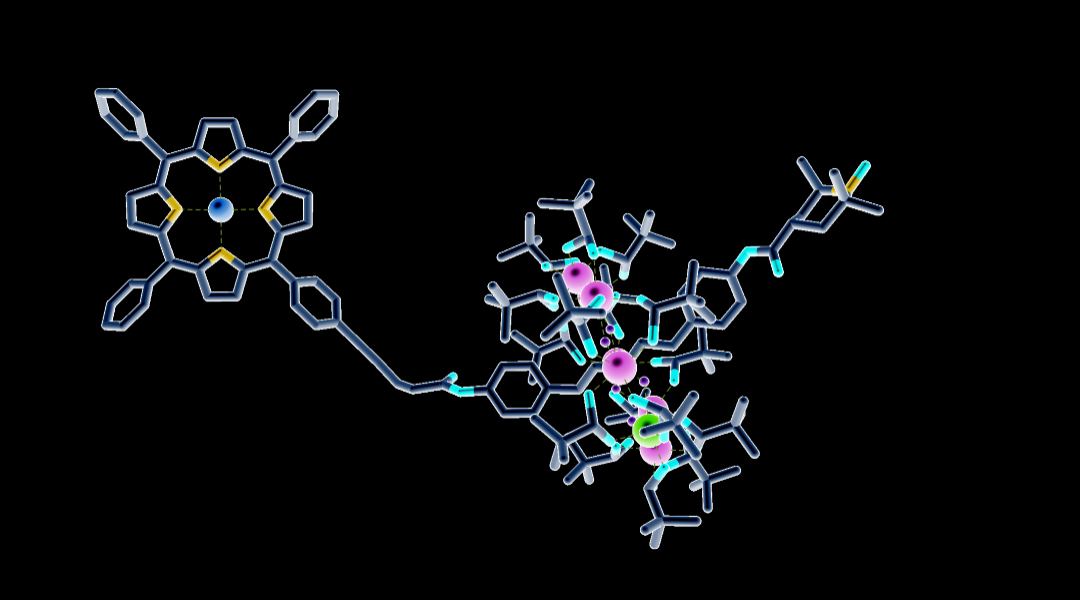

A molecular complex was built to contain three distinct qubits, offering an intriguing architecture for future quantum computers.
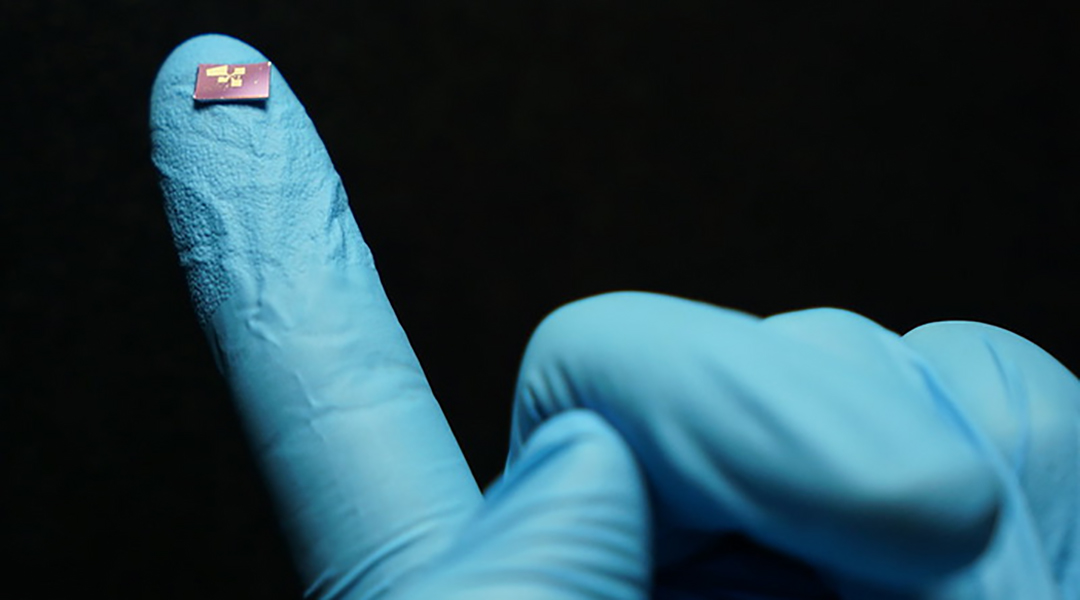
A mini, portable tool to measure light could improve everything from smartphone cameras to environmental monitoring.

A new experimental technique could push the capabilities of particle accelerators in exploring the subatomic world.
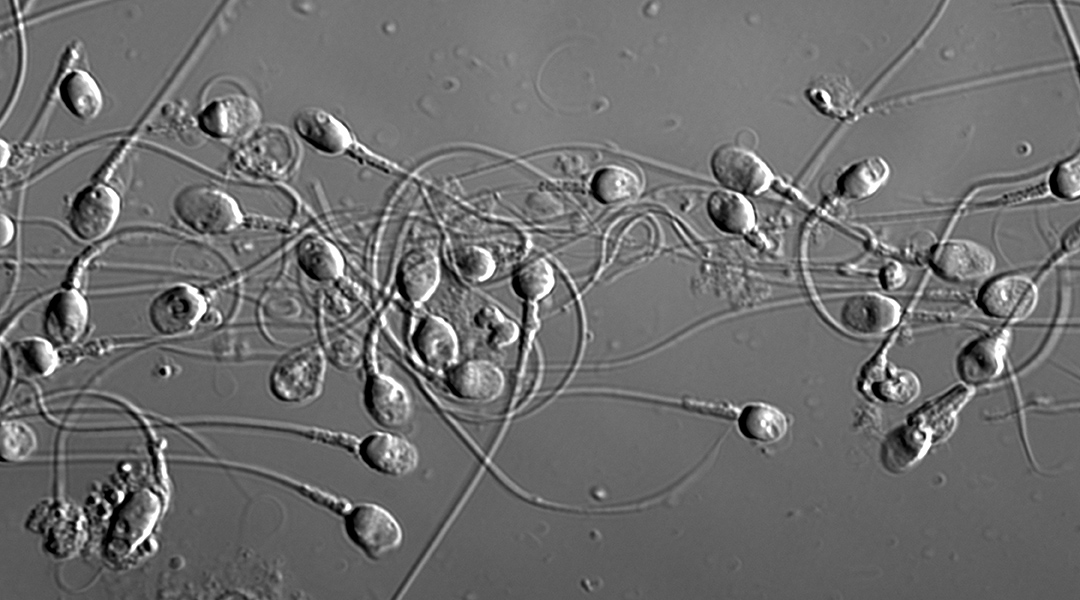
To help improve the success rates of fertility treatments, scientists are turning to AI to help standardize the sperm selection process.
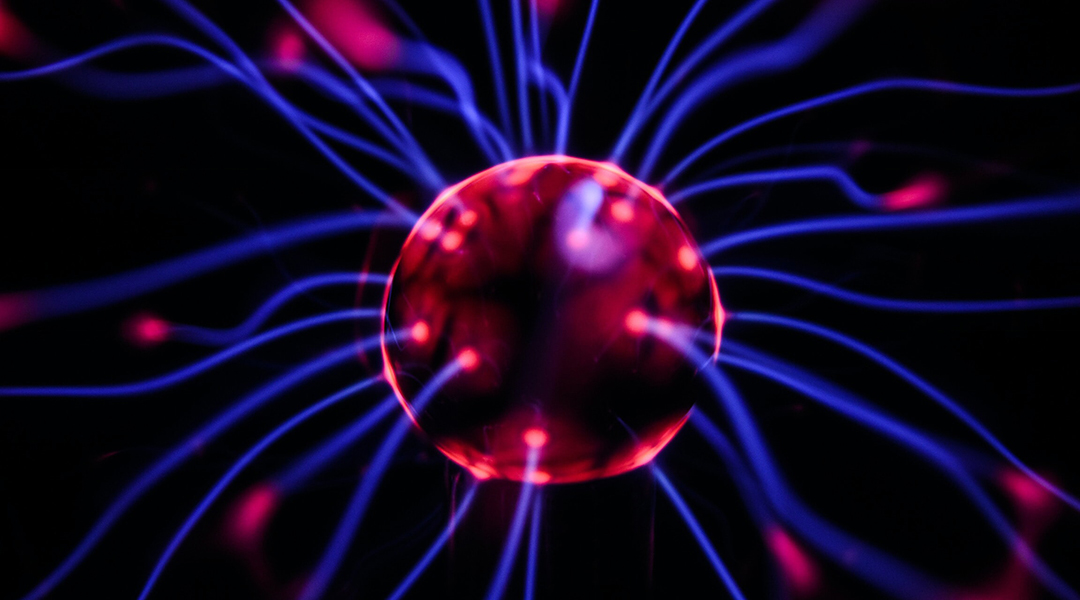
An AI made from plasma learns to play tic-tac-toe using varying and controllable mixtures of gases, in a major step forward.

This year’s World Water Day theme is groundwater, and here’s what some scientists have found recently about this precious resource.
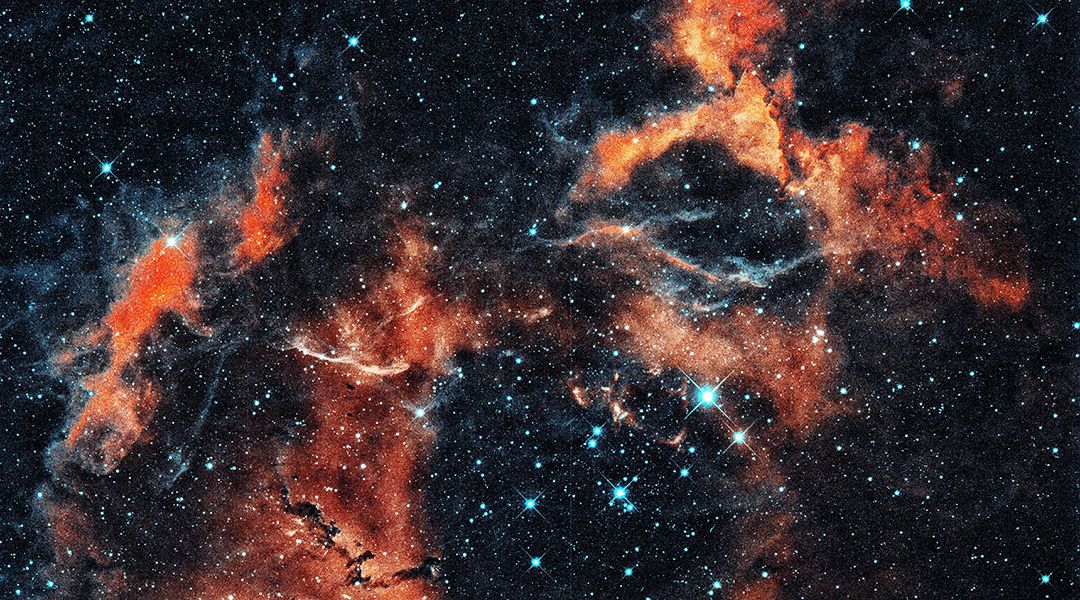
Using an artificial neural network and AI, researchers are developing a powerful computational tool to model particle physics following the Big Bang.
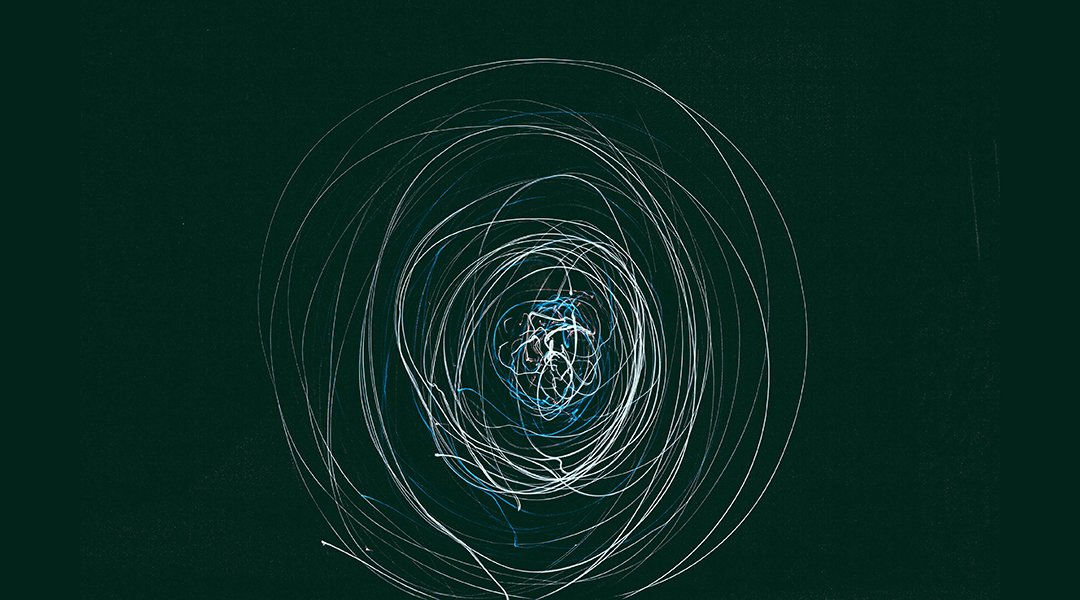
Shrouded in the language of computers, the key is to figure out how to work with, and not blindly rely on, AI.

Bioengineer Canan Dağdeviren is living her dream, decoding physical patterns of the human body in order to diagnose and cure diseases.
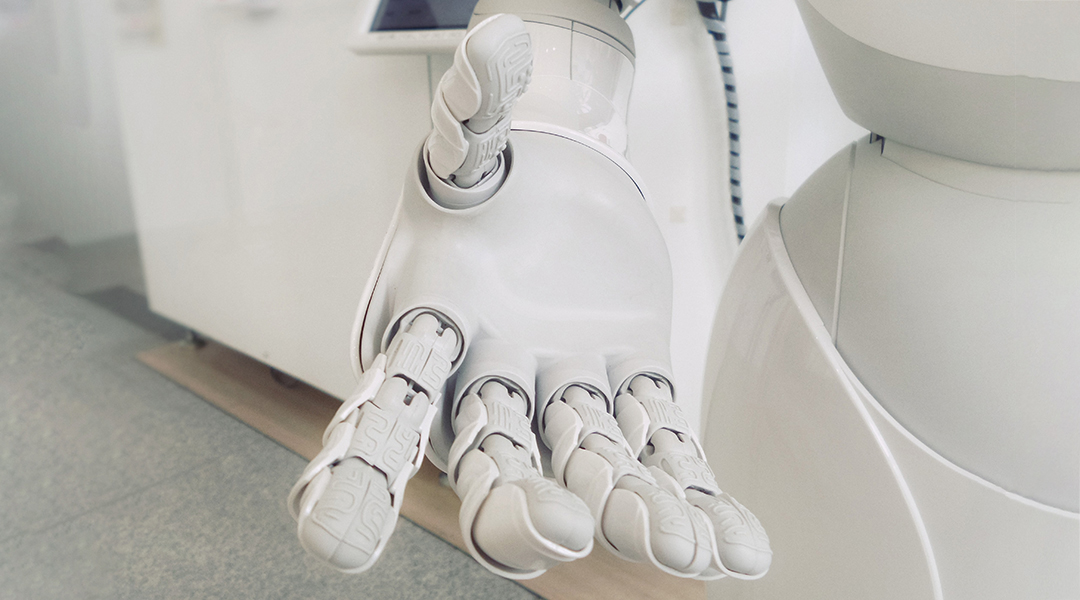
The benefits and controversies around AI are clear, but by drawing on current experiences, we can establish an order that ensures AI does not become a threat but a very useful aid.